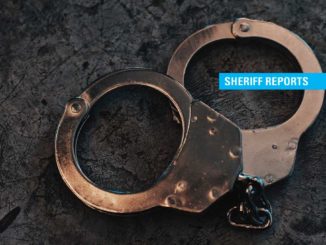
You can almost hear the sizzle of the grill as millions of Americans take to their backyards and patios for dinners, lunches and parties this year.
In fact, during the grilling season, 57 percent say they cook on their outdoor grills “a couple times a week,” with an additional 25 percent grilling “a few times a month,” according to the results of a new survey from the Propane Education Camp.
“Fast, easy, fresh – those three words capture the allure of the grill for busy Americans,” said Karen Adler, who co-authored with Judith Fertig the best selling cookbook Weeknight Grilling with the BBQ Queens.
Not only are there more people overall who are grilling, but more women in general are stepping up to the grill with greater frequency than ever before and for many reasons — particularly better taste, less kitchen clean-up and keeping their homes cooler.
In fact, 52 percent of women and 31 percent of men say they only know a little bit about grill safety or nothing at all. That’s a lot of people bellying up to their outdoor gas or propane grills without being properly prepared.
As a result, the experts at PERC are serving up some basic grilling safety tips as the mercury rises this season:
•When lighting a grill, keep the top open.
•Before connecting the cylinder to a propane gas grill burner for the first time, use a leak-detection solution (a 50/50 mixture of water and liquid soap) to check connections for tightness.
•Do not use matches or lighters to check for leaks.
•Do not allow children to tamper with a propane cylinder or grill.
•Do not smoke while handling a propane cylinder.
•When a grill is not in use, cover disconnected hose-end fittings with plastic bags or protective caps to keep clean.
•Always follow your grill manufacturer’s instructions and keep written materials accessible.
•Never pour an accelerant such as lighter fluid or gasoline on a propane or gas grill.
•When finished grilling, turn off the burner controls and close the cylinder valve.
Here’s some helpful advice for proper cylinder handling for your grill:
•When the cylinder is refilled, have the supplier check for dents, damage, rust, or leaks.
•After filling or exchanging a cylinder, take it home immediately. Keep the vehicle ventilated and the cylinder valve closed and capped.
•Always use or store cylinders outdoors in an upright (vertical) position.
•Do not use, store, or transport cylinders near high temperatures (this includes storing spare cylinders near the grill).
For additional information, visit www.usepropane.com.




Be the first to comment